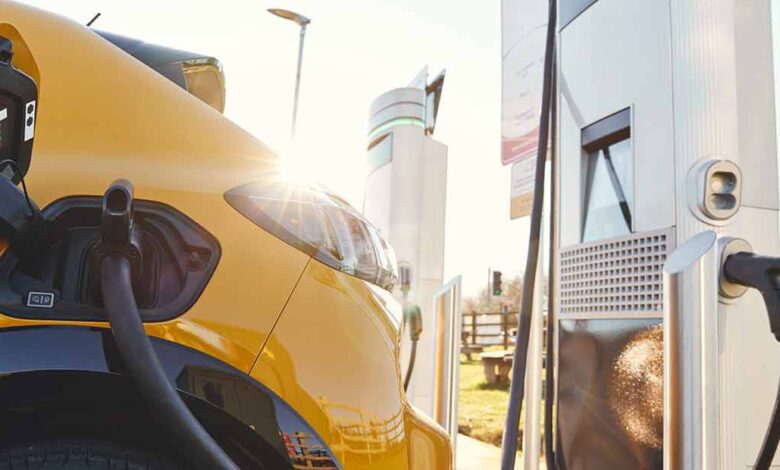
Alberta EV Owners Will Soon Have A New Tax To Pay
Residents of Alberta will need to adjust their budgets for electric vehicles (EVs) following Finance Minister Nate Horner’s presentation this past Thursday.
A new taxation measure will be introduced for current and prospective EV owners upon vehicle registration.
By January 2025, an annual fee of $200 will be imposed on EV owners by the provincial government.
The government justifies this fee by noting that EVs, on average, are heavier than their internal combustion engine (ICE) counterparts, leading to increased wear on provincial road infrastructure. “EV drivers, who do not contribute via fuel taxes, will now share in the upkeep of provincial roads and the funding of public services through this tax,” stated Horner.
The annual fee is comparable to the fuel tax typically paid by ICE vehicle owners in Alberta, according to the provincial budget report.
The province acknowledges that not all fuel tax revenue is allocated to road maintenance, highlighting concerns over fairness and the challenge of diminishing fuel tax collections.
This tax announcement occurred one day after Tesla, an EV manufacturer, made its charging stations available to other brands’ vehicles.
Calgary’s EV owners expressed their dismay over the new provincial tax, especially given the already higher purchase prices of EVs compared to traditional vehicles.
“It’s ludicrous,” said Jackson Khurma in an interview with Global News, commenting on the rising costs. “Why aren’t there incentives to encourage EV use rather than additional financial burdens?” asked Rahul Tomar, a recent arrival from Ontario.
The Alberta government anticipates that the EV tax will generate $1 million in the 2024-25 fiscal year, increasing to $5 million in 2025-26 and $8 million in the subsequent year.
Further details on this initiative are expected to be released in the fall legislative session.
Blake Shaffer, an economics professor at the University of Calgary, took to social media to critique the government’s fairness argument. He pointed out that while EVs are generally heavier than ICE vehicles, a gasoline-powered truck can outweigh an electric car. Shaffer’s analysis suggested that the proposed tax would disproportionately affect lighter EVs, like the Nissan Leaf, compared to heavier ICE vehicles.
Shaffer advocated for vehicle registration fees that consider both vehicle weight and annual mileage, arguing this would more accurately address environmental impacts and prepare the taxation system for an EV-dominated future.
Opposition leader Rachel Notley expressed openness to equitable treatment for EV and ICE drivers but criticized the new tax as part of a broader pattern of penalizing environmentally friendly initiatives. She highlighted the budget’s numerous fee increases as indicative of the government’s approach.
Alberta remains among the few provinces without an EV incentive program, contrasting with the federal government’s offer of up to $5,000 for zero-emission light-duty vehicle purchases or leases.
The recent implementation of Canada’s Electric Vehicle Availability Standard, aiming for all new vehicles to be zero-emission by 2035, underscores the need for an expanded EV charging network to support this transition. Critics argue that infrastructure development must accelerate to fulfill the federal government’s environmental goals.
With information from Global News








































